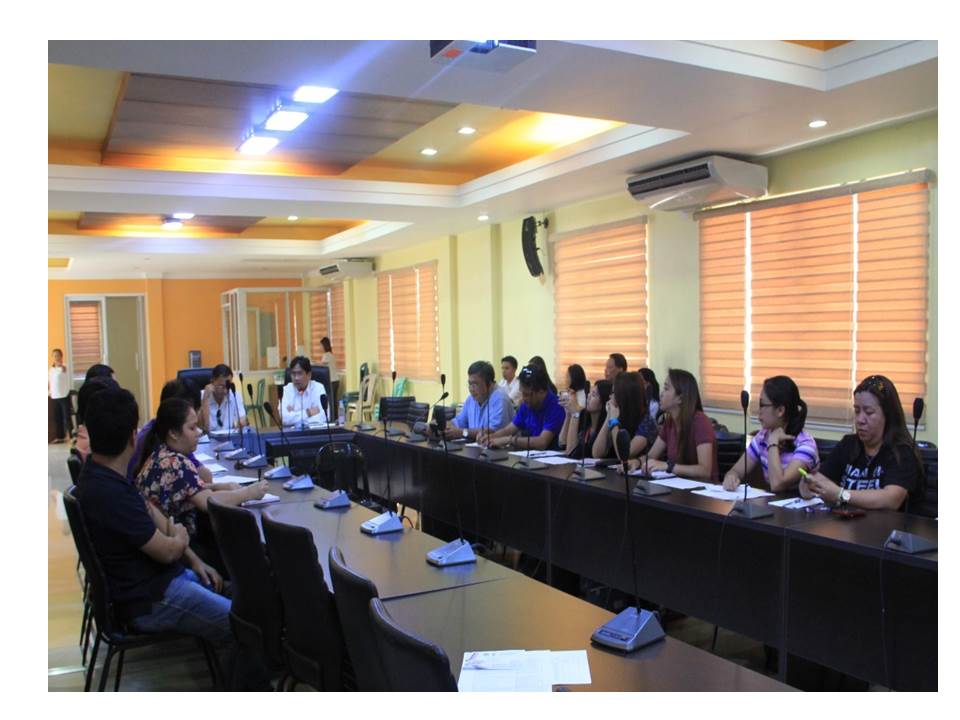
A consultation conference among stakeholders and Civil Society Organizations (CSOs) was supervised by the Regional Development Council (RDC) of Western Visayas, headed by the National Economic and Development Authority (NEDA) Region 6 at the Department of Public Works and Highways (DPWH) Regional Office Conference Room.
Several representatives from different government agencies, academe sector and CSOs namely Department of Interior and Local Government (DILG), Department of Environment and Natural Resources (DENR), Department of Agriculture (DA), Department of Tourism (DOT), Department of Education (DepED), and National Youth Commission (NYC); Central Philippine University (CPU), University of San Agustin (USA); United Architects of the Philippines (UAP), Association of Taxi Operators in Panay (ATOP), ROPRIM and F. Gurrea Construction, respectively.
DPWH OIC-Regional Director Wenceslao M. Leaño Jr., in his welcome message, stated that this conference aims to strengthen the partnership of DPWH with the CSOs. “This conference also recognizes the importance of CSOs and our stakeholders as our vital partners in the implementation of government projects and to enhance the quality of the budget process through the citizen’s participation in the preparation of the FY 2018 National Budget”, he added.
The DPWH Vision, Mission and Mandate were presented by Engr. Marilou G. Zamora, OIC-Chief of Planning and Design Division. She also discussed the Projects and Activities for FY 2015 to 2017 and project proposals for FY 2018.
Mr. Gilberto Altura of NEDA then facilitated a workshop to engage the participants in evaluating the effectiveness of DPWH’s programs and projects. Metacards were distributed and used to answer the questionnaires. The questions were to identify the strengths and weaknesses in the delivery of DPWH’s programs and projects. The participants were also given the opportunity to give recommendations for the improvement of service delivery.
The answers and inputs will be valuable in improving the programs, projects and activities of DPWH that can support the regional development and will strengthen the government and private sector partnership in the delivery of public service
